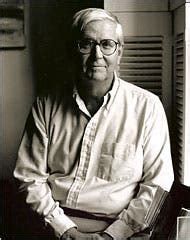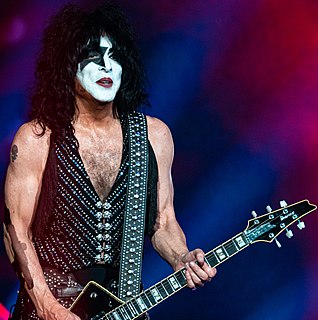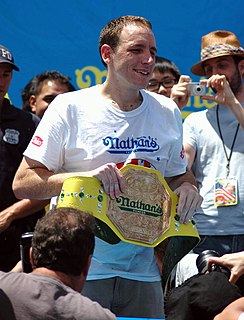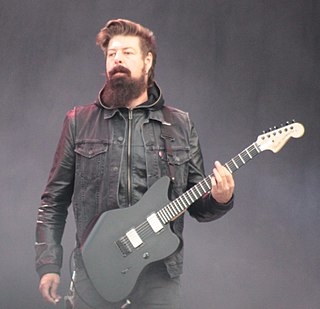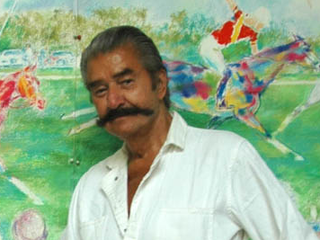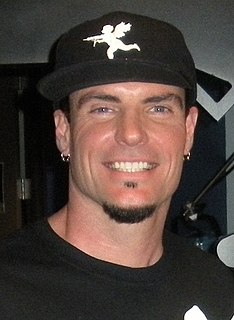A Quote by Jennifer Saunders
I'm my own worst critic. I could tell the critics a thing or two about my shows.
Related Quotes
You find very few critics who approach their job with a combination of information and enthusiasm and humility that makes for a good critic. But there is nothing wrong with critics as long as people don't pay any attention to them. I mean, nobody wants to put them out of a job and a good critic is not necessarily a dead critic. It's just that people take what a critic says as a fact rather than an opinion, and you have to know whether the opinion of the critic is informed or uninformed, intelligent of stupid -- but most people don't take the trouble.
Music critics are, for the most part, bitter people who are intent at dragging people down for being successful at what they want to do, which is probably music. The oddity of being a critic is: You don't get a diploma, you just decide you're a critic. If someone listens to your opinion rather than their own, it's their mistake. Any critic's top 10, any year, it's something controversial or something that will make them look hipper-than-thou. The whole critic game, we've never played.
At 13 years old, I realized I could start my own band. I could write my own song, I could record my own record. I could start my own label. I could release my own record. I could book my own shows. I could write and publish my own fanzine. I could silk-screen my own T-shirt. I could do this all myself.
I never wanted to do music to get girls, right, to get popular, or anything like that. I really love music and I want to make it better the best I can. I can tell when something's real, or when something's put together. I can just feel it. So I'm my own worst critic and harshest critic and I just want to put honest music out there.




